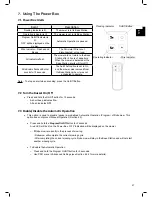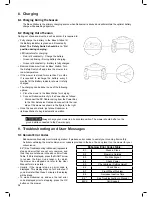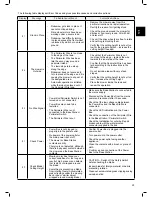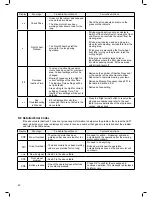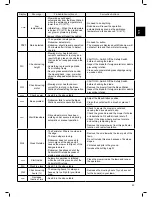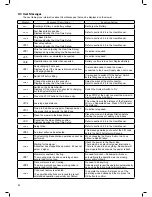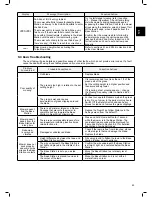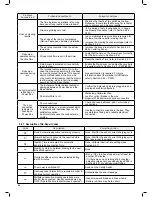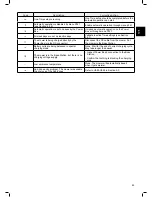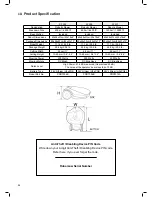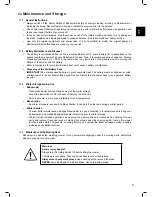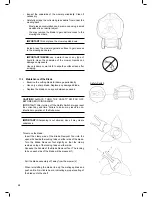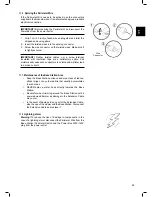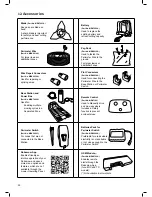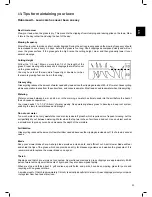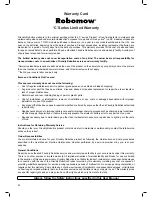
51
EN
13.
Tips for maintaining your lawn
Robomow® – Lawn care has never been so easy
Best time to mow
Mow your lawn when the grass is dry. This prevents the clippings from clumping and leaving piles on the lawn. Mow
it late in the day rather than during the heat of the day.
Mowing frequency
Mow often in order to produce short, small clippings. During the active growing season the mowing frequency should
be increased to once every 3-5 days, before the grass is too long. Short clippings decompose quickly and will not
cover the grass surface. If the grass gets too high, raise the cutting height, mow, and then gradually lower it over
several mowings.
Cutting Height
Follow the “1/3 rule”. Mow no more than 1/3 of the length of the
grass. Proper mowing will produce short clippings that will not cover
up the grass surface.
You may have to cut the lawn more frequently, or double cut, when
the lawn is growing fast, such as in the spring.
Grasscycling
Grasscycling reduces the amount of water needed by lawns since the clippings are about 80 – 85% water. Grasscycling
slows evaporation losses from the soil surface, and conserves water. Most lawns need less water when Grasscycling.
Watering
Water your lawn between 4 a.m. and 8 a.m. in the morning, so water has time to soak into the soil before the heat of
the sun causes evaporation.
Your lawn needs 1 to 1-1/2” (3-4cm) of water weekly. Deep watering allows grass to develop a deep root system,
enabling the lawn to resist disease and drought.
Do not over water
Too much water is not only wasteful but can also increase turf growth, which requires more frequent mowing. Let the
soil partially dry out between watering. Water when the top two inches of soil have dried out. Use an object such as
a screwdriver to probe your soil and measure the depth of the moisture.
Fertilization
Grasscycling reduces the amount of lawn fertilizer needed because the clippings provide about 1/4 of a lawn’s annual
needs.
Blade
Keep your mower blade sharp. A sharp blade provides a clean, safe, and efficient cut. A dull mower blade will tear
and shred the tips of the grass, which can provide an entry for disease organisms and weaken the grass plant. It is
recommended to replace the mower blade once a year.
Thatch
Clippings and thatch are simply not connected. As mentioned previously, grass clippings are approximately 80-85
percent water with only small amounts of lignin, and they also decompose rapidly.
When we stop and think about it, golf courses, sports fields, and parks, have been mowing grass for years and
recycling with no grass catchers.
A small amount of thatch (approximately 1/2 inch) is actually beneficial to a lawn. Grass clippings protect your lawn’s
root system from heat and water loss.

